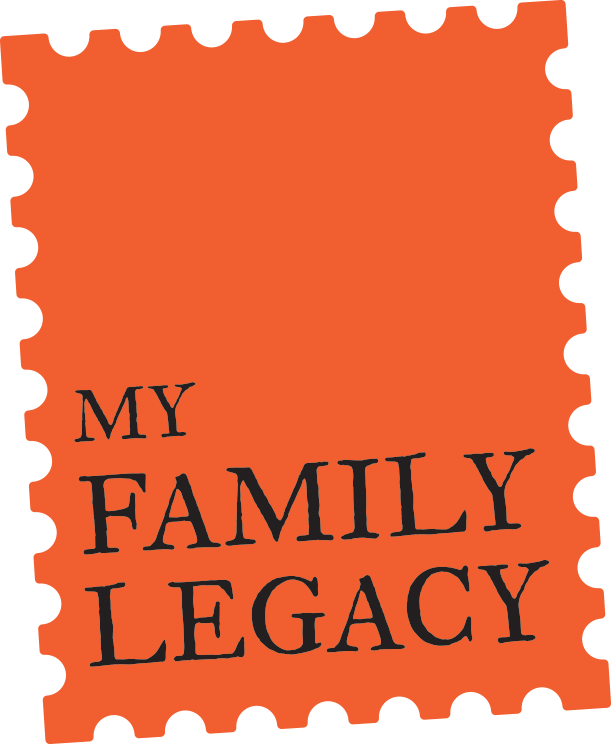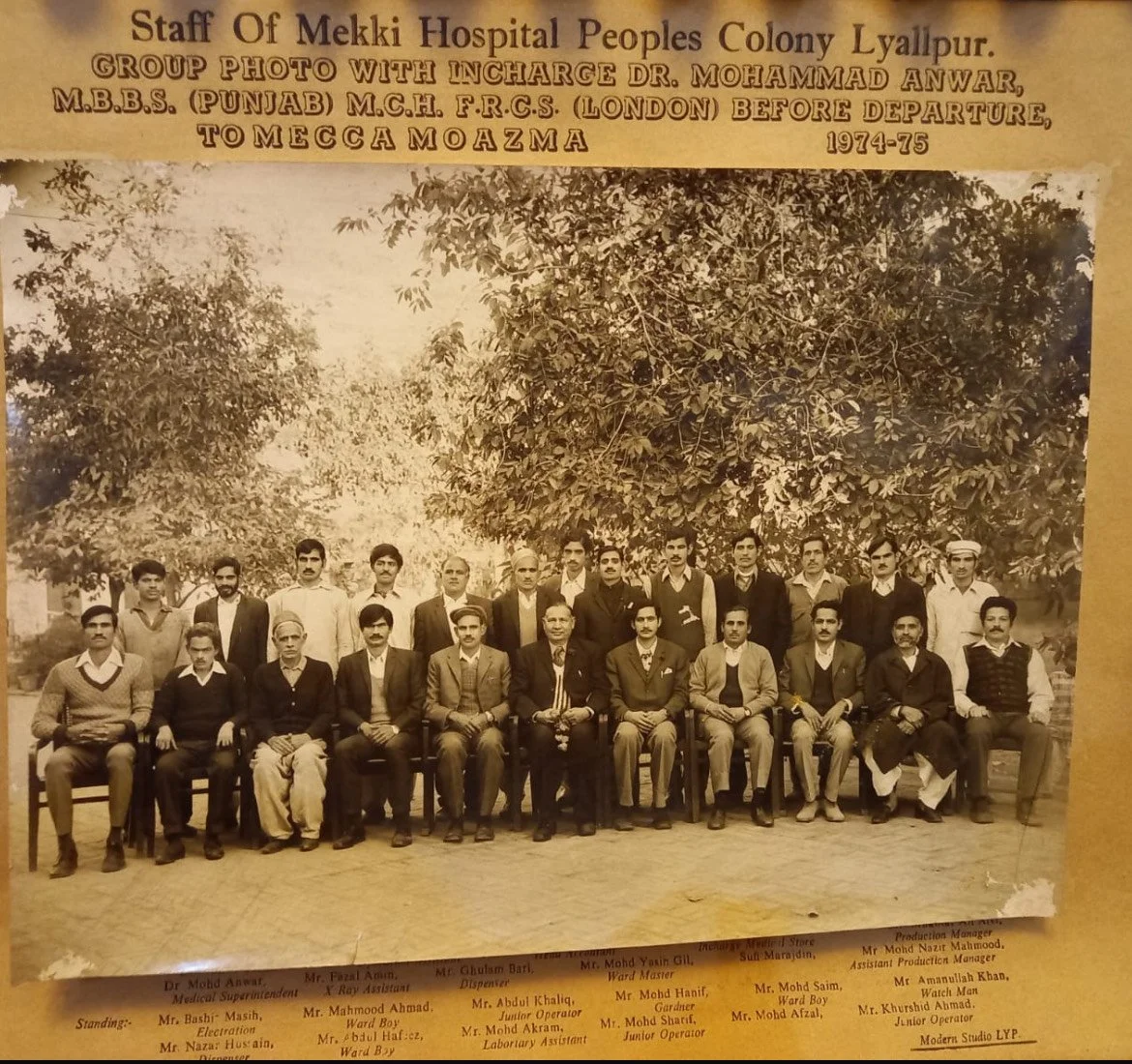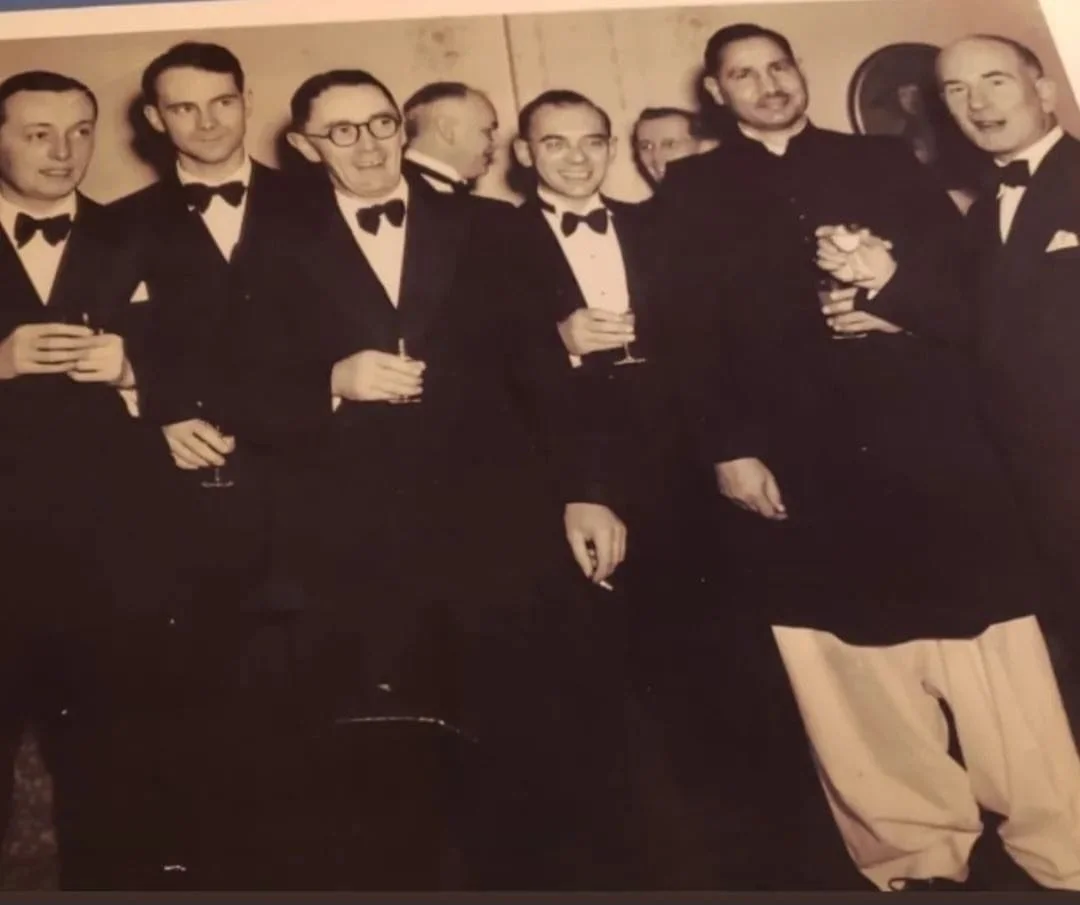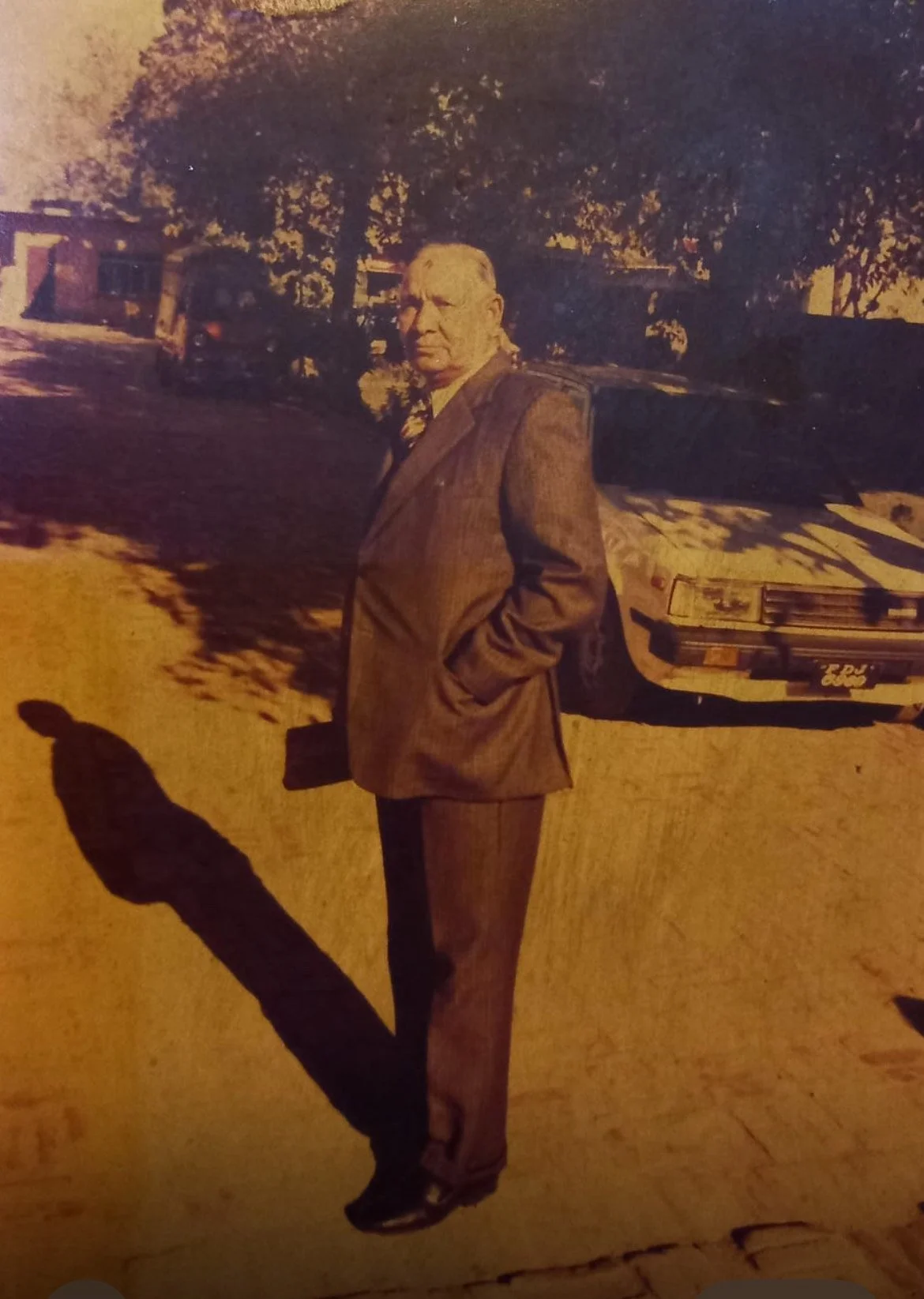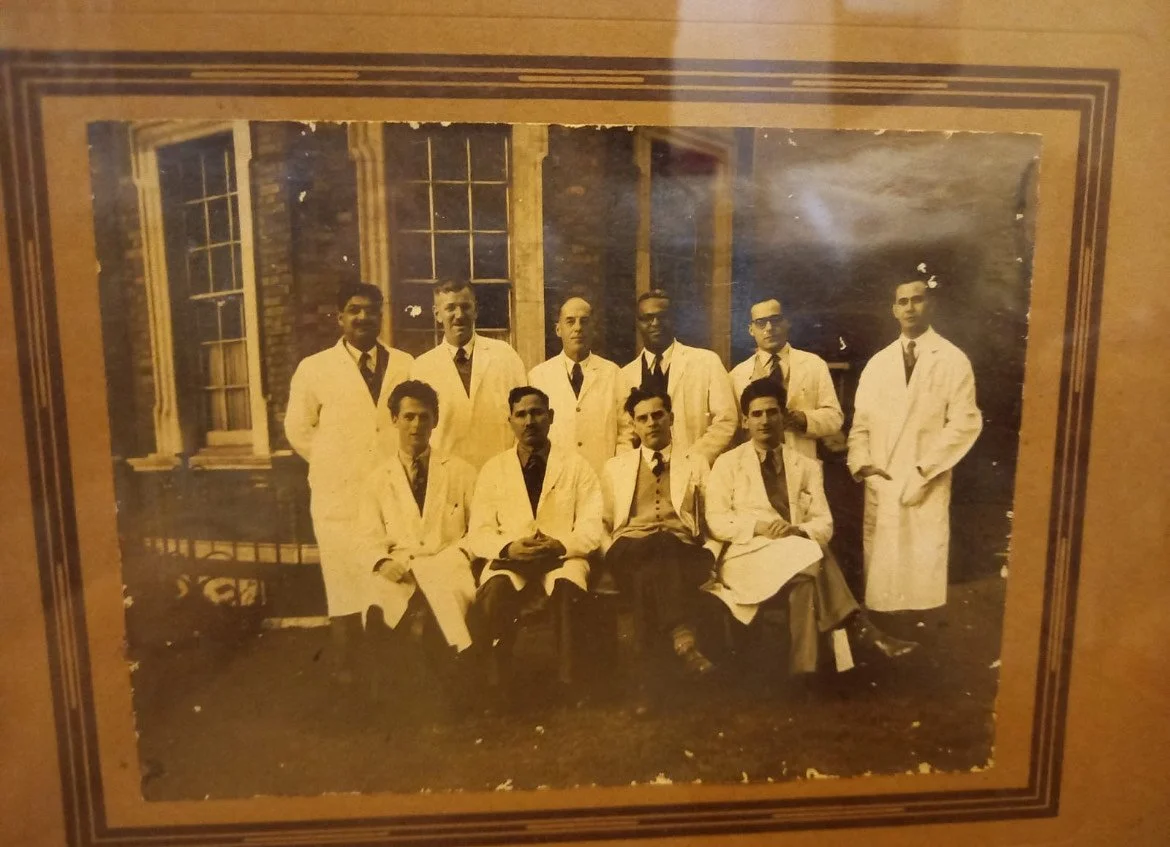Mohammad Ali Anwar
By Faryal Iqbal
My grandad, or Nanna Abu was born in Amritsar, India in 1915. He studied a condensed medical course in Multan and worked there until 1939. He was then transferred to Quetta in Balochistan as Captain Doctor with the British Indian Army.
I don’t know much about his time in the war but his actions spoke louder than words. He was a very caring and compassionate man who strived to help as many people as he could.
During the war he worked at a Red Cross Hospital where he was such a dedicated doctor that he would stay with his patients during air raids and would evacuate them safely to shelters.
To sum up my grandad’s benevolence - his brigadier in the army wanted to nominate him for an award but he refused. He said he was just doing his duty to his patients by protecting them.
My mum often speaks of her pride in granddad during the partition of India, when there was mass migration of Muslims to the newly formed Pakistan; and Hindus and Sikhs travelled south of the border. This was a time of intense conflict and hardship for both sides. There was distrust around “the other”, however my grandfather stayed compassionate and did not allow polarisation to impact his heart. He took in a Sikh family when he was stationed in Kashmir. The woman had lost her husband and had six children with her, some of whom were sick. He became a brother to the widow, who treated my grandmother as a sister - we called her Khala Ji. My grandfather gave the family accommodation and helped with the children's education as well as helping Khala Ji train as a nurse, and her son trained as a surgeon under my grandad’s guidance. They converted to Islam and found a family in Pakistan even though they had lost their own.
Nanna Abu left the army in January 1948 after spending some time in Myanmar. He joined the King Edward Medical College to complete his Bachelor of Medicine degree. He topped his year and was rewarded with a gold medal.
In 1952 he was awarded a scholarship to study for the Fellow of Royal College of Surgeons in Edinburgh. He then went on to study a year in Liverpool to complete his Master of Orthopaedics. He worked at the renowned children’s hospital in Liverpool Alderhey and at the Sefton General Hospital whilst studying at the University of Liverpool. He became a paediatrician but gained valuable experience in orthopaedic surgery in Liverpool from surgeons there.
An image I can never forget is one of him with his peers at the university - they were all suited and booted and my grandad stood proud as the only Asian man, in traditional Pakistani attire - a sherwani.
He studied under Professor Bryan McFarland, a lead in orthopaedic surgery in Liverpool for decades. Prof McFarland encouraged my grandfather to stay in Liverpool after his initial year of study and work as a doctor, but he was keen on returning home to Pakistan to build his dream: a hospital for people in his country. He returned to Lahore in 1955 and began working at MYO Hospital whilst also teaching at King Edward Medical College. He was the first orthopaedic surgeon in Punjab. He also moved to Mecca in Saudi Arabia with my Grandmother where he served as the physician to the royal family and to people in Mecca for a few years.
Nanna Abu returned to Pakistan in 1963 and was appointed Professor of Orthopaedics at Fatima Jinnah Medical College for Women. There, my mother studied medicine. He left the following year to open a private orthopaedic hospital, called Mekki Hospital, in Lyallpur (now Faisalabad). Although this was a private hospital he would always help the less fortunate who couldn’t afford medical care and even financially supported some students.
Mohammad Ali Anwar had 11 children - my mum was the eldest - and he delivered most of his own kids at home. He was so dedicated to his wife that he bought my gran a cinema that she ran. He had an entrepreneurial knack, investing in factories and contributing to the local economy through his many ventures. He worked well into his 70s and passed away in 2011, aged 96 years.
My grandad gained a reputation for brilliance in western medicine but also through the traditional Islamic art of healing, called Shifa. He is still remembered in Liverpool. I would regularly meet the elderly wife of Prof McFarland; Dr McFarland when I was a child, who remembered him as a friend. Grandad had given her a small quran with gold detailing. We would visit her and she would speak fondly of my grandad. In his short time in Liverpool he made an impact on many people.
That’s how my family connection with Britain began. My parents had an arranged marriage and my dad moved to the UK for further studies. They settled in Liverpool - maybe subconsciously because that’s where my grandad had once lived.
